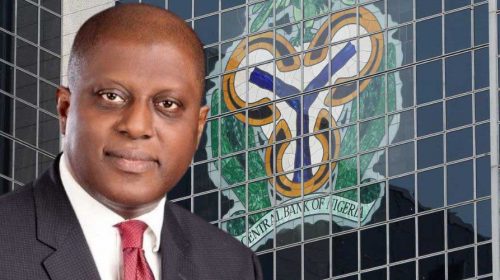Debt servicing hindering Nigeria’s socioeconomic development: IMF

The International Monetary Fund has said that Nigeria allocates the majority of its revenue to debt servicing, leaving limited funds for critical development projects. Speaking during the Fiscal Monitor press briefing at the ongoing IMF/World Bank Annual Meetings in Washington DC, Davide Furceri, Division Chief of the IMF’s Fiscal Affairs Department, emphasised the need for Nigeria to adopt more effective revenue mobilisation strategies to ease this financial burden. Furceri noted that Nigeria’s debt service-to-revenue ratio stands at around 60 per cent, significantly constraining the government’s ability to invest in social and economic programmes. Although the debt service-to-GDP ratio has declined from nearly 100 per cent to 60 per cent, he stressed that the country must further reduce the share of its revenue allocated to debt repayments by focusing on broadening its tax base. He said, “There is a need to grow the revenue-to-GDP ratio. For a country Like Nigeria, the Debt Service-to-Revenue is about 60 per cent. What that means is that a larger part of the revenue of the country goes into debt servicing. What we recommend for countries like Nigeria, if they can improve their revenue mobilisation, they will be able to reduce the portion of the revenue that goes into debt servicing.
Punch







Leave a Reply